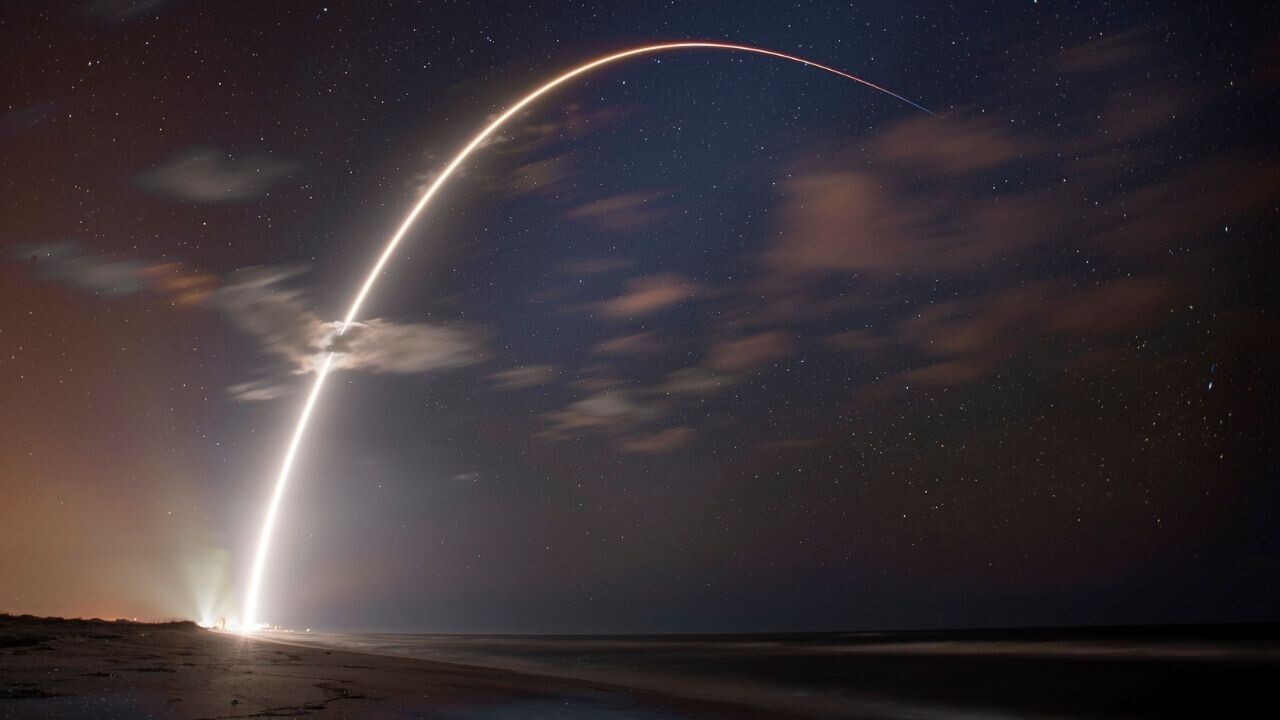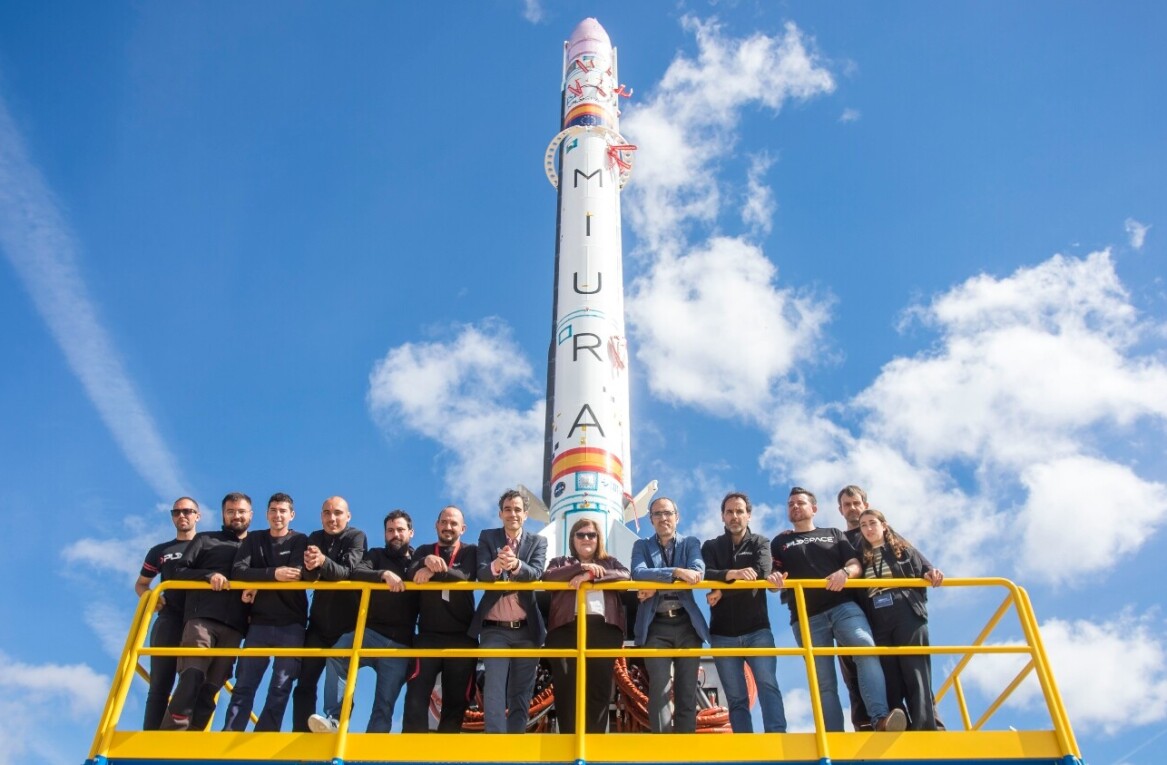While billionaires battle to dominate the nascent suborbital tourism industry, the satellite-internet space race is also heating up.
Amazon’s Project Kuiper, SpaceX’s Starlink, and Softbank-backed OneWeb now have another challenger in the competition to deliver fast, low-latency internet from space: Immarsat.
The UK-based firm plans to launch a network of low-earth-orbit satellites that will provide next-generation 5G services, Bloomberg reports.
“It brings multiple network elements together into harmony, into a single unified network,” Immarsat CEO Rajeev Suri told the news outlet. “No other company has anything like it.”
The launch of the new satellites isn’t imminent, however. They’re not expected to arrive until after 2026.
Immarsat is also taking a different market strategy from Starlink and Project Kuiper. Instead of focusing on delivering internet to consumers, Immarsat will target governments, airlines, and maritime companies.
That approach could set Immarsat apart from its deep-pocketed rivals in the emerging space satellite sector.
The market’s growth has triggered concerns about satellites causing light pollution and space debris, but it could still provide more societal benefits than ego-trips to space.
Get the TNW newsletter
Get the most important tech news in your inbox each week.




